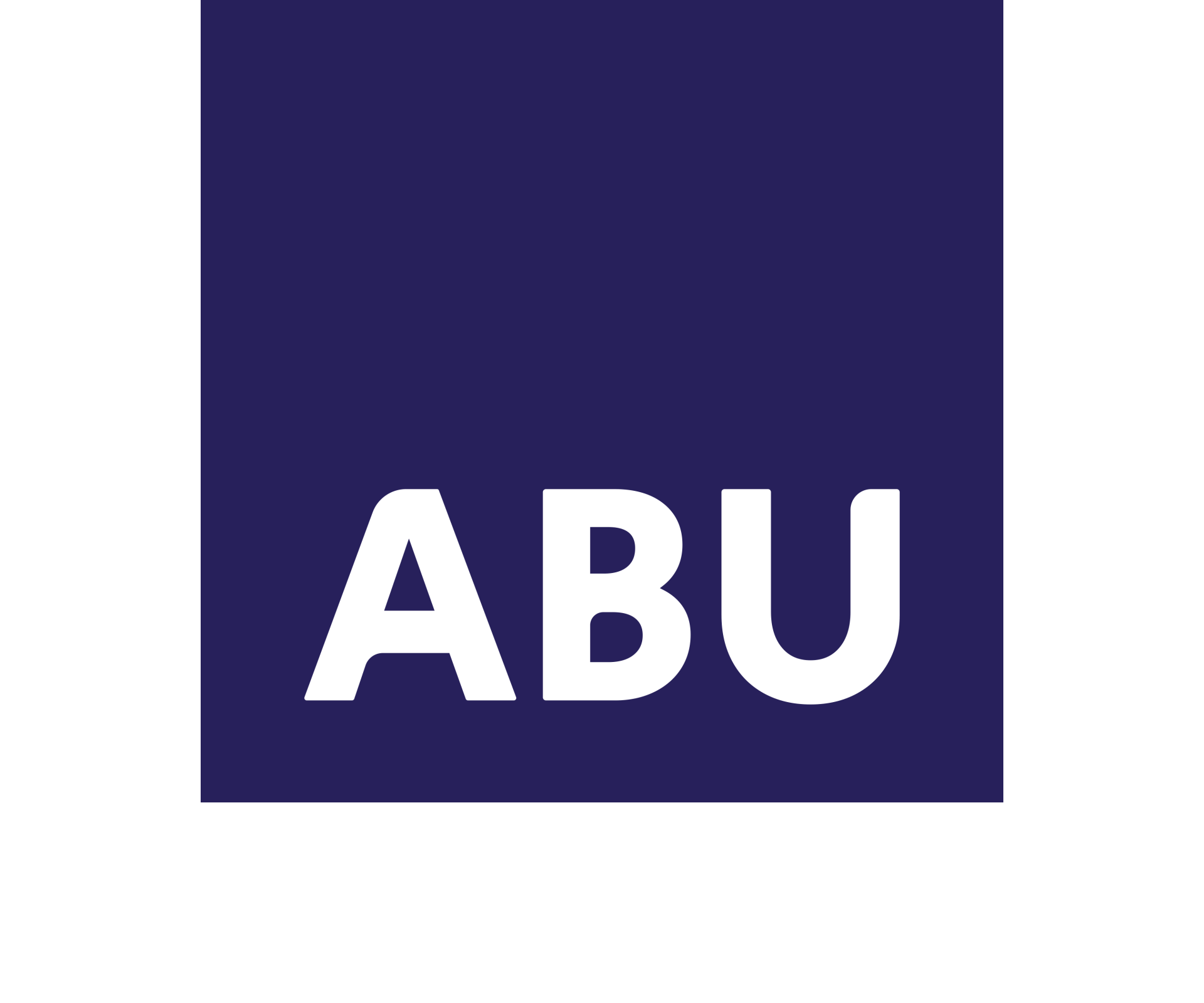The rise of ghost jobs and recession-proofing your career

Oct 17, 2022
The world is pretty turbulent right now. In Europe, we’re seeing political upheaval, rising energy prices, and a cost of living crisis hit hard as the shadow of a potential recession grows. After intense post-pandemic growth, candidates, workers, and organisations may have to brace for turbulent times ahead as the tide begins to turn on a buoyant jobs market.
But could this changing climate be influencing job postings? One of the strangest new trends that has emerged recently is that of ghost jobs. A survey of hiring managers by Clarify Capital found that 20% of managers have open job postings they don’t plan to fill until 2023. 40% have postings that have been open for 2 to 3 months. While 50% said they keep postings open as they are "always open to new people, even if they're not actively recruiting.” This phenomenon can lead to candidates applying to jobs that don’t exist yet – and may never exist in the future.
Applying to ghost jobs can be frustrating, and candidates should be aware of listings that have been open for a long time or that have a vague title or job description. However, is there anything more workers can do to recession-proof their careers?
Here are some of the most important career-strengthening steps you can take right now – inspired by our American Kelly colleague Hugo Malan and his recent Forbes article.
Get Visible
“Don’t settle for coasting through your first months or years in a new role—take advantage of opportunities to connect in person with influential leaders, raise your hand for projects of strategic importance to the organization and make a concerted effort to build your external network.”
Being a visible, recognised force for good is incredibly important when it comes to sticking with an organisation through difficult times. The first in = last out effect is real and it’s especially powerful when an employee has failed to make an impact. So, get involved, ask questions, share ideas, and make connections everywhere you go.
Be Adaptable
“A McKinsey report found that 87% of companies cited a skills gap in 2021. Taking ownership over your professional development plan and keeping your skills fresh is an excellent way to stand out when things get competitive.”
When the world of work changes, you have to change too. Take every opportunity to upskill, learn, and grow, particularly in areas that you recognise as being essential to the future of your organisation or industry. As technology (and work!) evolve ever faster, organisations are increasingly searching for flexible workers who can step up to any challenge or opportunity.
Plan Your Career Future
“As we transition from the Great Resignation to a potential recession, there has never been a better time to recalibrate your career focus.”
What’s next for you? What does your career plan look like for the next one, five, or ten years? By taking control and planning your next career steps, you have a roadmap to follow even if the worst happens and you get hit by job loss or redundancy. You should also think about how your plans might be impacted by the current economic climate – could you recalibrate to make sure you’re able to catch the winds of change?
Want to stay ahead of the latest work trends and news? Read the latest edition of our bi-weekly update – Understanding the world of work.







